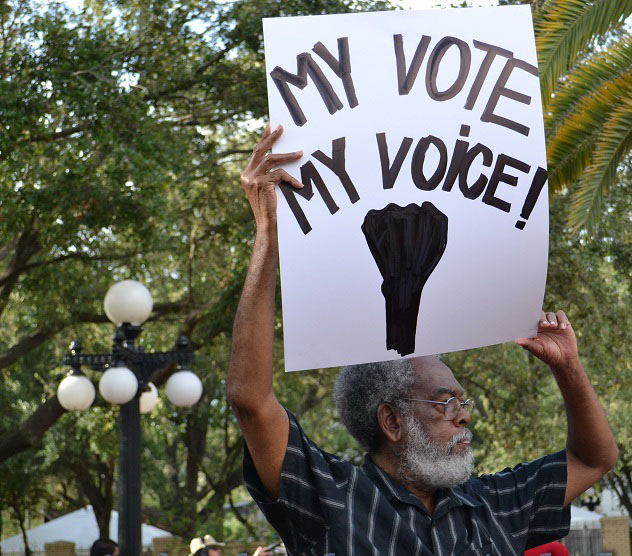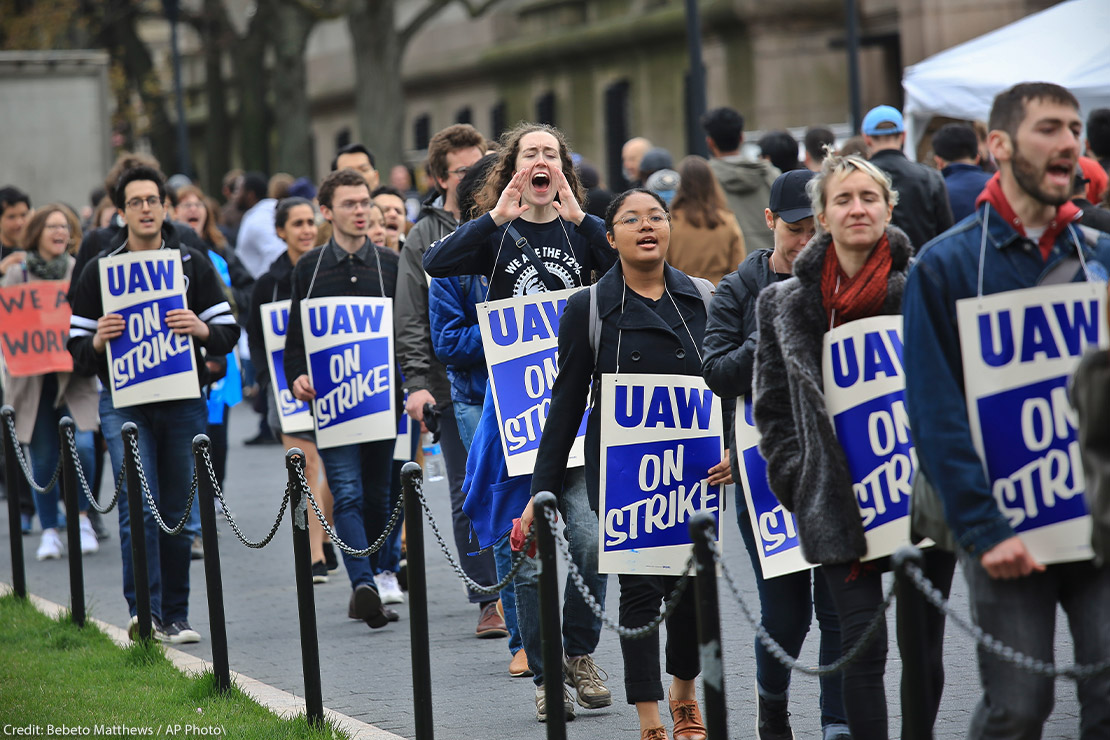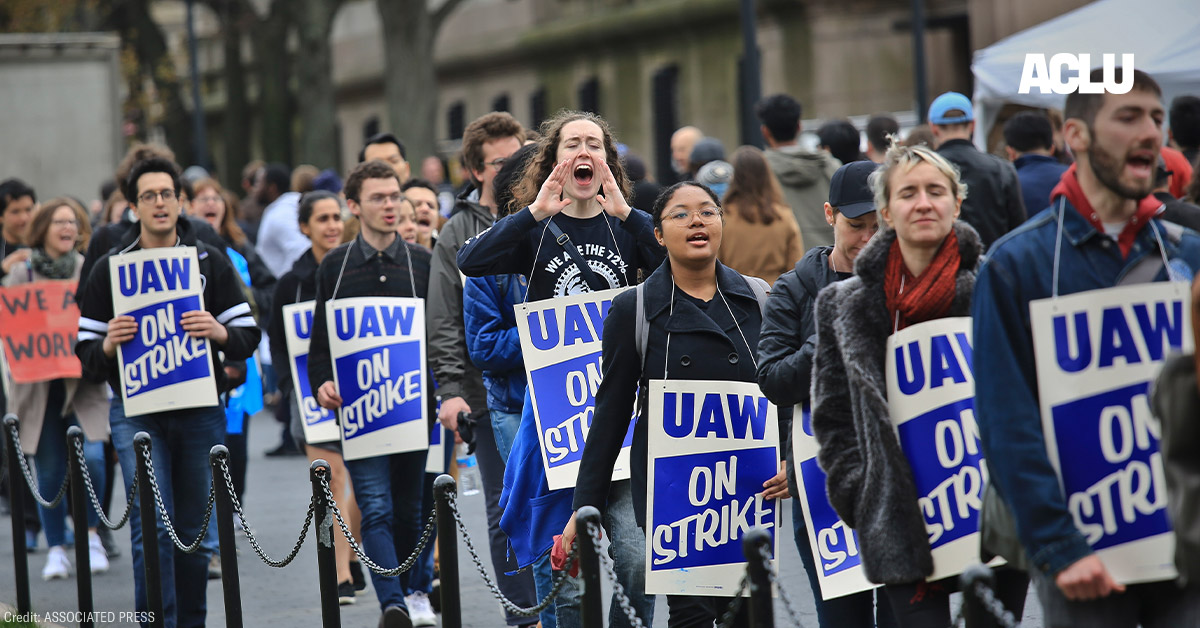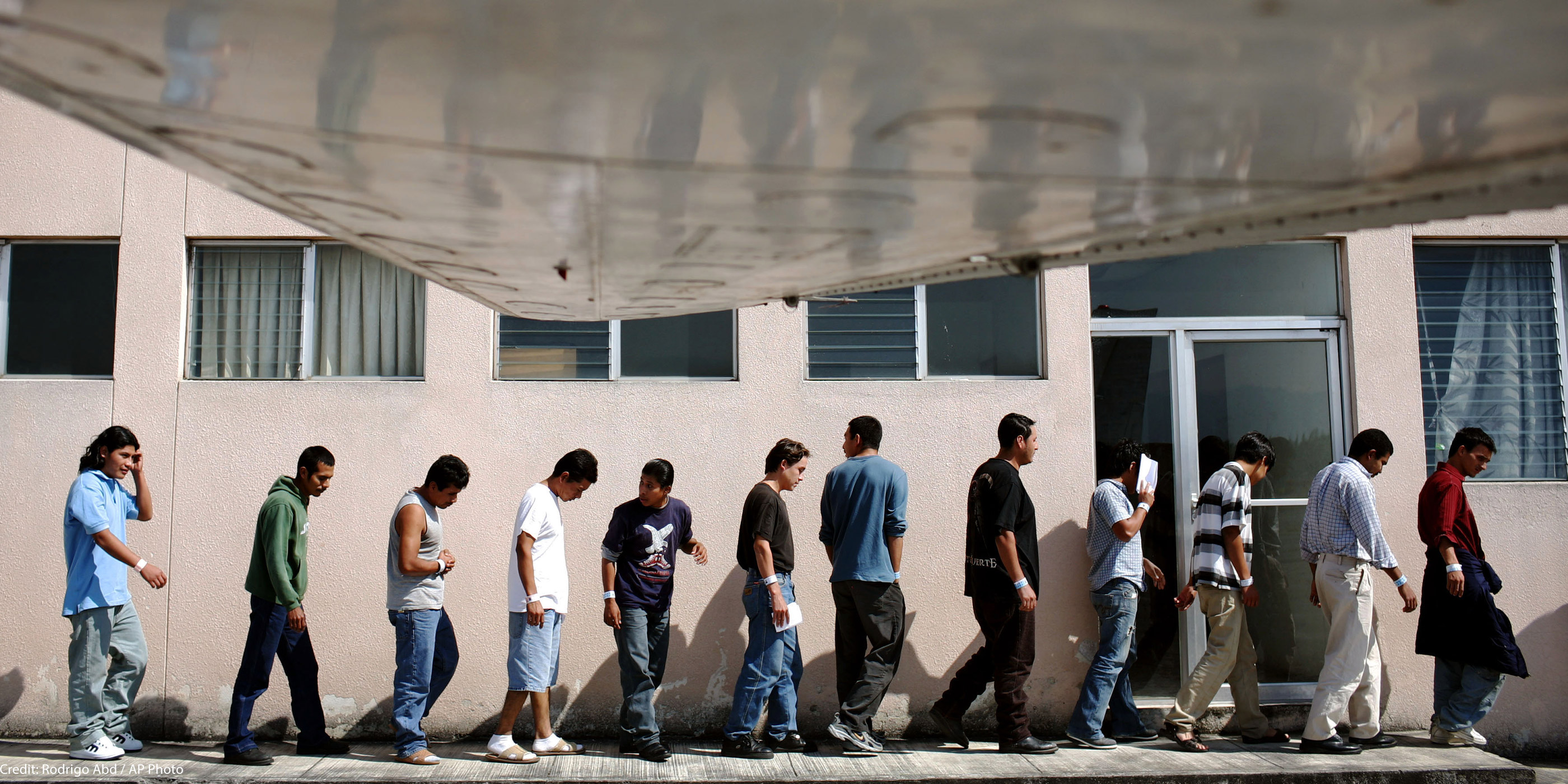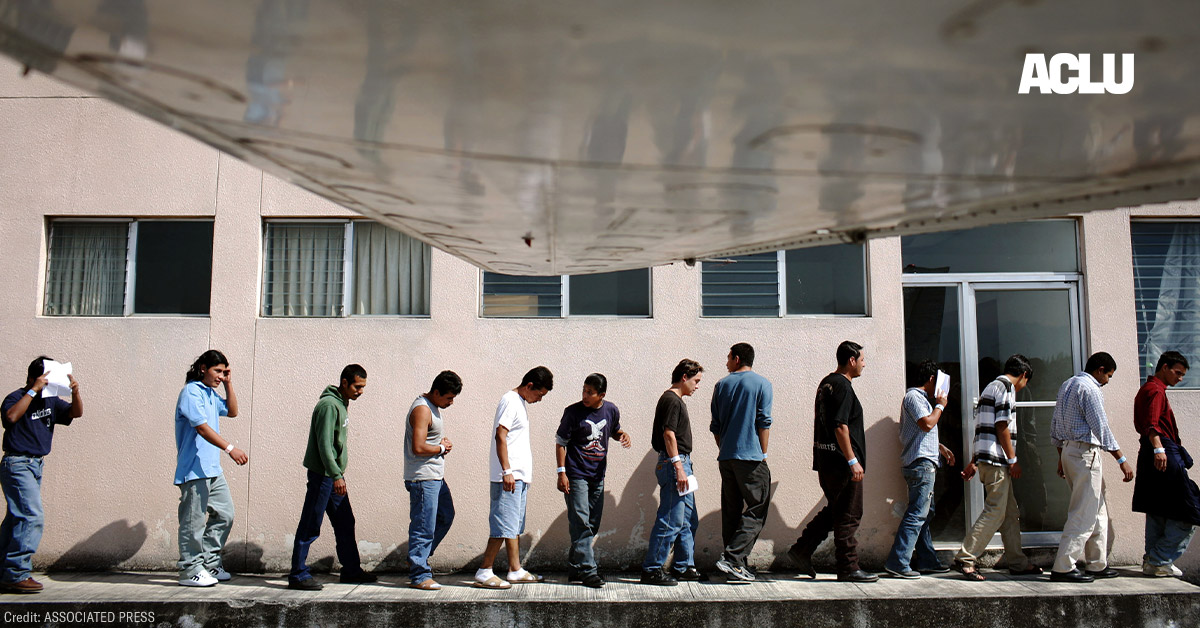Reconstruction gave citizenship and the right to vote to Black men in the state, and it was power that they knew for only a few short years. Following the enactment of Florida’s 1868 constitution, the state would install a Black secretary of state and elect a Black congressman to the United States Congress. It would take a century for another Black person to be seated in a statehouse or congressional office.
Some who read this may ask, “Why make this a ‘race’ thing?” Race was the institution on which America was founded. Yes, the Founding Fathers intended to create a government free from monarchical rule. But, the business that America sold for the first century of the constitutional republic was primarily in crops and textiles harvested and manufactured for free by the forced enslavement and labor of Africans.
These facts matter particularly because of the recency with which many of us view the lens of history in our fractious and fast-paced media environment.
It’s easy to forget after President Barack Obama became the first African American to hold the nation’s most powerful position, that African Americans have only experienced the full rights and protections of citizenship in this country since the 1968 Civil Rights Act also known as the Fair Housing Act. That was the last of the 1960s civil rights legislation to be enacted, a week after the assassination of Martin Luther King Jr. This historic legislation was only passed a generation or two ago, part of our living memory.
It is easy to forget that African Americans in Florida were not represented in Florida’s statehouse after Reconstruction and the Great Nadir until the election of Gwendolyn Sawyer Cherry from Miami to the Florida Legislature in 1970. Florida also did not have any African American representatives in Congress in the years after Reconstruction until the general election of 1992. Several generations of Floridians never knew a local Black policymaker in state or national government.
We simply cannot “move on” or “get over it.”
As Americans and as Floridians, this is our shared history, mired in the uncomfortable topic of the normalized social construct of race that many of us may feel is impolite to discuss. But how can we heal the divisions in this country and acknowledge the impact of this period of legal racialized terror if we cannot address the issue and how it has impacted generations of Black people and the subsequent harms it has wrought? We simply cannot “move on” or “get over it.”
Black History Month reminds us that Americans of African descent have played a central role in the progress of this state and our country from the start, even if history books do not emphasize it.
Issues like voter suppression and disenfranchisement and economic immobility and the wealth gap remind us that, though we have achieved progress in leveling the playing field in access to life, housing, and employment, the work to achieve true equality was never completely won, nor will it ever really be in any of our lifetimes.
The work of securing full rights and true equality for not just Black Floridians, but all Floridians, is ongoing work to which each and every one of us is tasked. We cannot afford to defer creating an integrated society where everyone feels a true sense of belonging.
We must continue to work together to achieve true equality. It is our duty to each other if we are to really make this republic work for “we the people.”
Date
Thursday, January 30, 2020 - 4:00pmFeatured image
